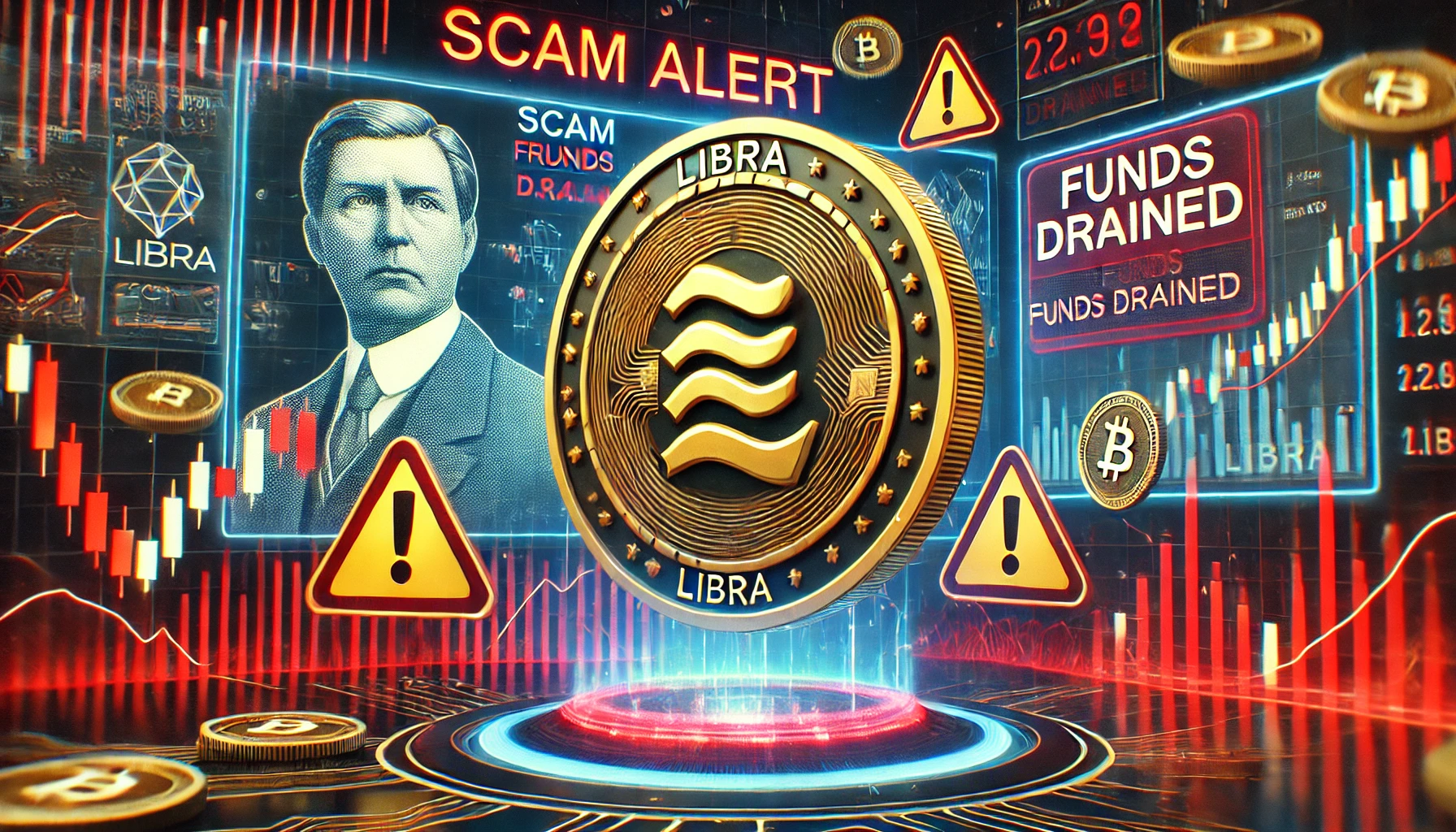Argentine President Javier Milei has built his political brand on radical libertarianism, an unwavering belief in free-market capitalism, and an outright rejection of state intervention. His fiery rhetoric against the political elite and his commitment to economic deregulation have turned his administration into an unprecedented experiment in Latin America. However, his obsession with privatization and his admiration for extreme libertarian ideals led him to make a grave mistake: endorsing a fraudulent cryptocurrency on his Twitter (X) account.
The LIBRA Case: When Financial Freedom Becomes a Scam
On February 14, 2025, Milei used his X account to promote LIBRA, a cryptocurrency allegedly aligned with anarcho-capitalist principles and the idea of individual financial sovereignty. In his post, the Argentine president claimed that LIBRA represented the future of money, free from state manipulation and the control of central bankers he so fiercely opposes.
The problem? LIBRA was a scam. The project’s creators took advantage of Milei’s implicit endorsement to attract thousands of investors, who quickly poured their money into what was promised to be a revolutionary digital asset. However, as in many other fraudulent crypto schemes, LIBRA’s developers vanished overnight, taking millions of dollars in investors’ funds with them.
Breaking Down the Scam: Rug Pull or Ponzi Scheme?
To understand the nature of the LIBRA fraud, it’s important to differentiate between two common types of cryptocurrency scams: the Rug Pull and the Ponzi Scheme.
- Rug Pull: This term refers to a situation where developers create a new token and aggressively promote it to attract investors. Once the token gains significant value, the creators withdraw all liquidity, causing the token’s value to plummet to zero and leaving investors with worthless assets. This appears to be the case with LIBRA, as its developers pulled funds and drained liquidity, making the token worthless.
- Ponzi Scheme: This type of fraud operates by using new investors’ money to pay returns to earlier investors, creating the illusion of profitability. While some crypto scams function this way, LIBRA’s collapse suggests it was more of a classic rug pull, where the developers simply took the money and disappeared without attempting to maintain the illusion of long-term sustainability.
Naivety or Ideological Blindness?
The scandal sparked a heated debate. While Milei’s supporters downplayed the incident, claiming that he merely endorsed the idea of financial freedom, his critics accused him of recklessness and irresponsibility.
The key question is whether Milei genuinely did not realize that LIBRA was a scam or if, in his eagerness to promote any alternative to fiat money, he chose to ignore the warning signs. His admiration for figures like Murray Rothbard and Friedrich Hayek has led him to embrace decentralization as an absolute principle—but this case proves that not all innovation in the name of “freedom” is legitimate.
The Danger of Crypto-Demagoguery
The LIBRA debacle is not an isolated case. Many politicians and public figures have fallen into the trap of endorsing digital assets without truly understanding their mechanisms or legitimacy. Without clear regulations and with financial illiteracy widespread among the public, these scams continue to thrive.
In Milei’s case, the risk is even greater because his entire economic philosophy revolves around dismantling traditional financial oversight mechanisms. In his vision of a world without central banks or state regulations, citizens are fully responsible for their financial choices—even if those choices lead them to lose their savings in a fraudulent scheme.
Conclusion: Will Milei Learn His Lesson?
The LIBRA collapse is a serious blow to Milei’s credibility in the financial sector. While his ideas on monetary decentralization may have strong theoretical foundations, their real-world implementation requires at least some oversight and transparency to prevent the market from becoming a playground for scammers.
Milei’s problem isn’t his passion for economic freedom—it’s his technological naivety and lack of due diligence when endorsing financial projects. In a world where cryptocurrencies remain both promising and dangerous, freedom without responsibility is nothing more than an invitation to disaster.

